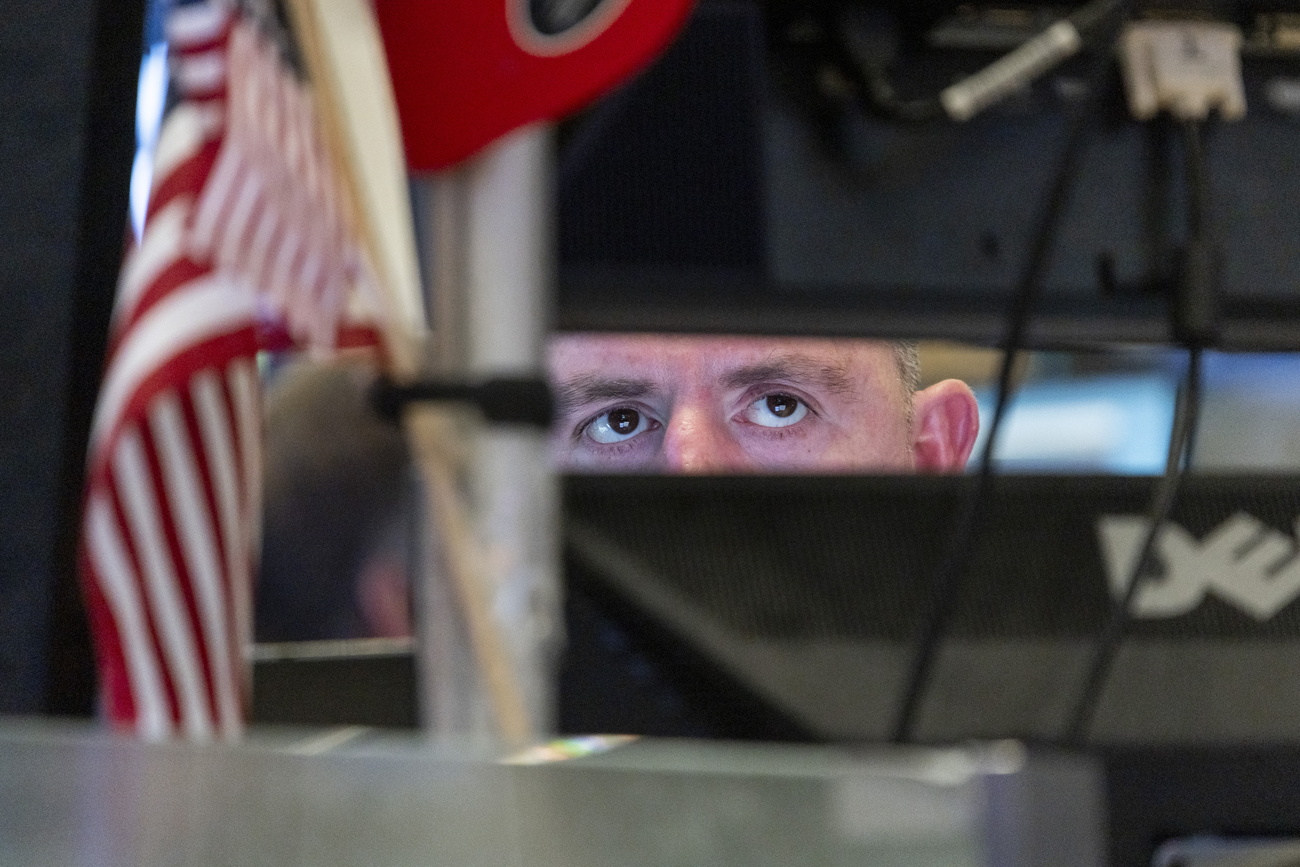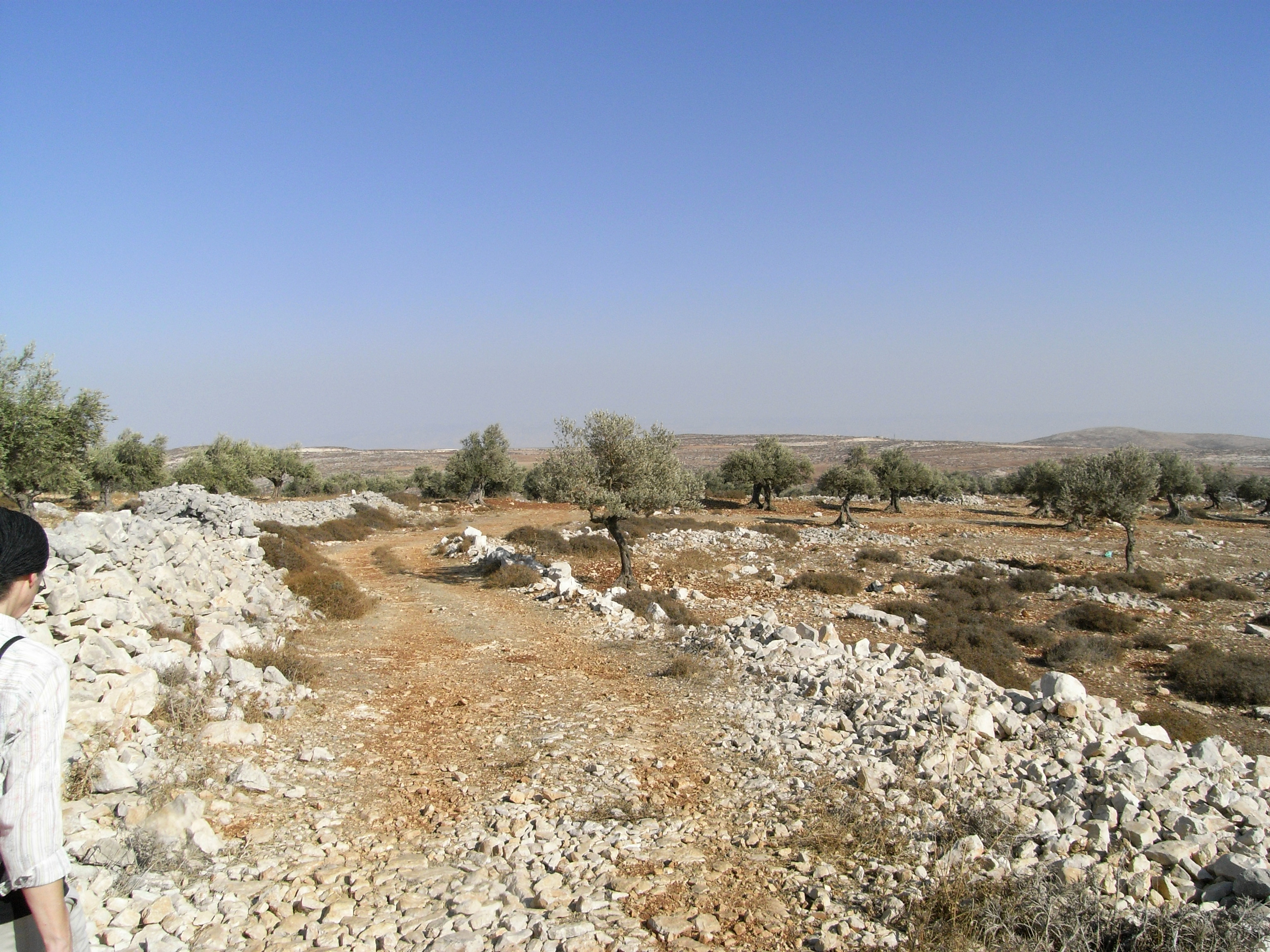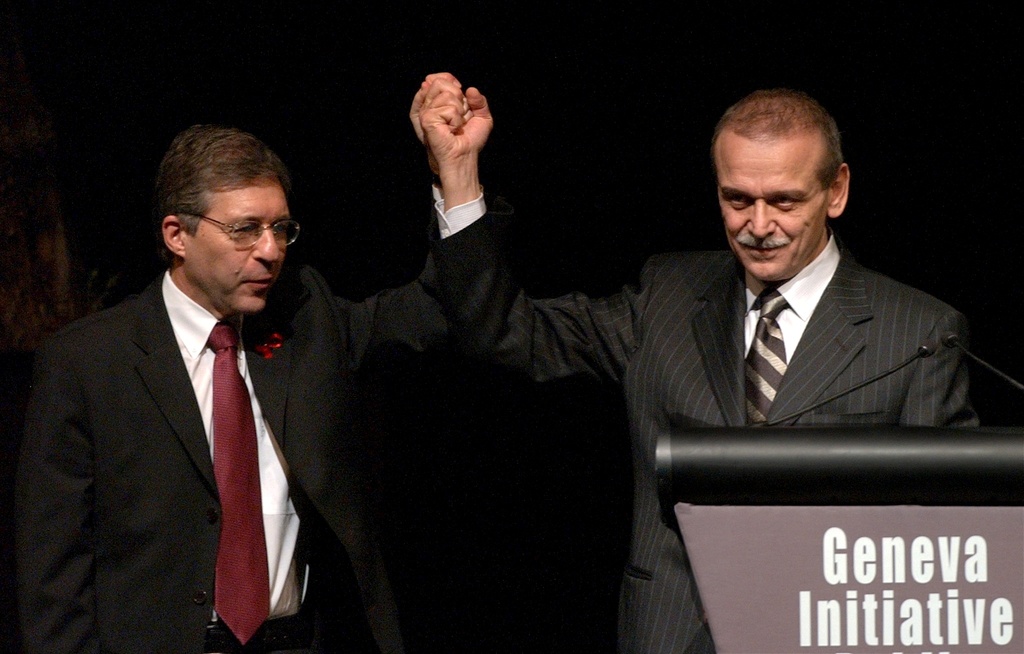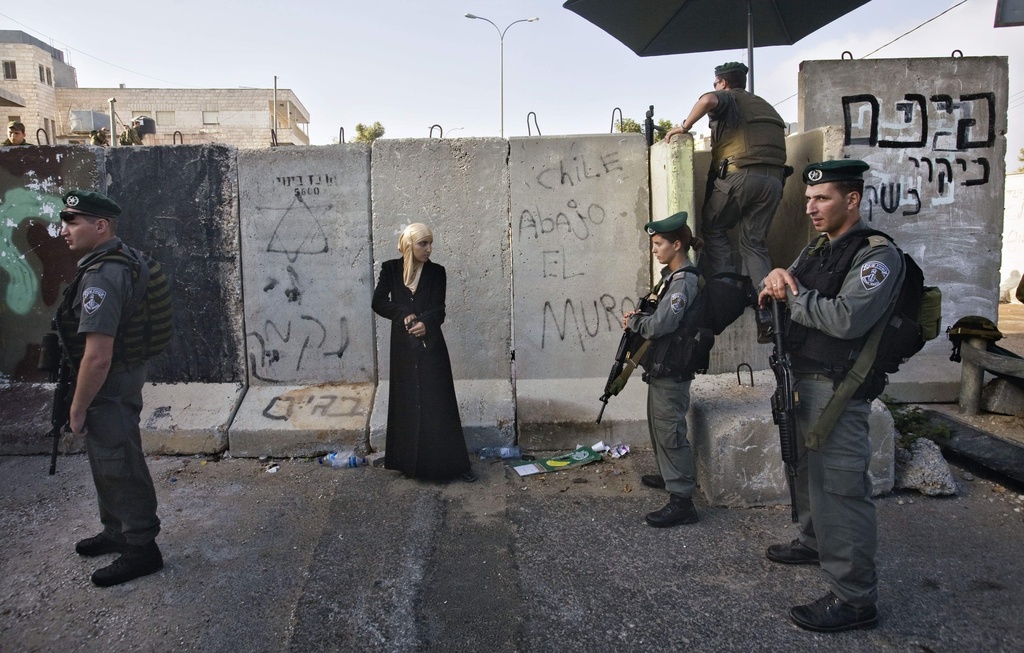Middle East faces “uncertain time”

Robert Malley, an expert consulted by the Swiss, says Palestine’s bid for state recognition by the United Nations will create a delicate situation for all sides.
The UN Security Council is currently considering a request by Palestinian President Mahmoud Abbas for Palestine to become the 194th member of the UN, a process expected to take several months.
Meanwhile, both the Fatah-led Palestinian Authority and Israel are studying a new peace plan put forward on September 23 by the Middle East Quartet – the UN, European Union, US and Russia.
Malley, former Special Assistant to United States President Bill Clinton on Arab-Israeli affairs, is now Programme Director for Middle East and North Africa at the International Crisis Group, a Brussels-based think-tank.
swissinfo.ch: Fatah rivals Hamas have rejected Abbas’ move. Is political division the Palestinians’ main weakness?
Robert Malley: It’s not the main obstacle. The Palestinian population’s reaction shows that the Palestinian president’s initiative has been extremely well received. I think Hamas misjudged the fact that people really wanted to see their leader take a strong position against the international community – to clearly state the Palestinian position at the UN without succumbing to US or other pressure.
Hamas now finds itself out of step with Palestinian opinion. But it continues to count on the absence of results on the ground for several months.
In fact, Hamas has problems with Abbas’ initiative, which accepts living with an Israeli state within its 1967 borders. Hamas does not accept this.
swissinfo.ch: A poll showed that Israeli Prime Minister Benjamin Netanyahu had gained nine points after his strong speech at the UN. Will he use this stance to regain ground politically?
R.M.: Each of the three speeches at the UN General Assembly had their target audience: for President Obama it was the Jewish community in the US and Israel, for the Israeli prime minister, domestic and US opinion and for President Abbas, Arab opinion and of course that of the Palestinian people.
The Israeli prime minister’s aim was to strengthen his position at home and in the US – mission accomplished for Benjamin Netanyahu, as early elections could come at any time.
Most of the Israeli public is extremely sceptical about the Palestinians and nervous about what is happening in the Arab world. Most are not giving Netanyahu the blame for the Israeli-Palestinian impasse.
swissinfo.ch: Is Abbas, or even Obama, counting on a post Netanyahu phase?
R.M.: Everyone is hoping for an afterwards. Abbas is certainly hoping for an after Netanyahu, the Israeli prime minister, an after Obama…
Obama himself is facing a difficult election and he needs all the support he can get. But if he’s re-elected, another obstacle remains. At the beginning of his mandate, he got strongly involved with the Israeli-Palestinian peace process and only hit obstacles.
It’s now up to everyone [Palestinians, Israelis, Americans and Europeans] to think about how they are going to reinvent a peace process which has hardly moved in 18 years.
swissinfo.ch: Does the Middle East Quartet’s initiative have any chance of success?
R.M.: It’s a completely surreal initiative. The quartet spent months trying to find a declaration on the Palestinian membership demand. In the end, all they could do was to call on the parties to finish their negotiations within a year.
The quartet is simply trying to say with its proposal that it’s still there. But the proposal risks having the opposite effect.
swissinfo.ch: Are the Palestinians taking advantage of the rise in power of emerging countries and the diminishing power of the West?
R.M.: There is hardly any doubt that the traditional powers, especially the United States, are losing power. But nobody is taking advantage of this on the international scene and we don’t yet see a country capable of succeeding where the US has failed. We are instead in a diplomatic vacuum following the loss of US influence and credibility in the region.
Turkey has tried to raise its voice but this doesn’t give it the means today to push for a resolution to the conflict. The most probable future is not that the US would be replaced by another power but a potentially dangerous diplomatic vacuum.
None of the key actors – Israel, the Palestinians, Hamas – are looking for confrontation. But a conflict could break out over misunderstandings and the fact that we are living through a new and uncertain time in the region.
“We well remember the words of President Obama a year ago before the UN General Assembly, words that encouraged us to believe that there was hope for a breakthrough in the Middle East…
Instead we look with bitterness on a bleak horizon of lead-footed progress, stagnation and a hardening of positions. It is a fact that for over 60 years the international community has failed to resolve the conflict between Israel and Palestine. The “peace process” has replaced peace…
The Geneva Initiative is today a consolidated, detailed proposal compatible with internationally accepted parameters, including the Arab Peace Initiative. It remains at the disposal of the decision makers, as well as of the populations whose right it is to demand peace…”
From the speech by Foreign Minister and Swiss President Micheline Calmy-Rey to the UN General Assembly on September 21, 2011.
(Translated from French by Isobel Leybold-Johnson)

In compliance with the JTI standards
More: SWI swissinfo.ch certified by the Journalism Trust Initiative














You can find an overview of ongoing debates with our journalists here . Please join us!
If you want to start a conversation about a topic raised in this article or want to report factual errors, email us at english@swissinfo.ch.